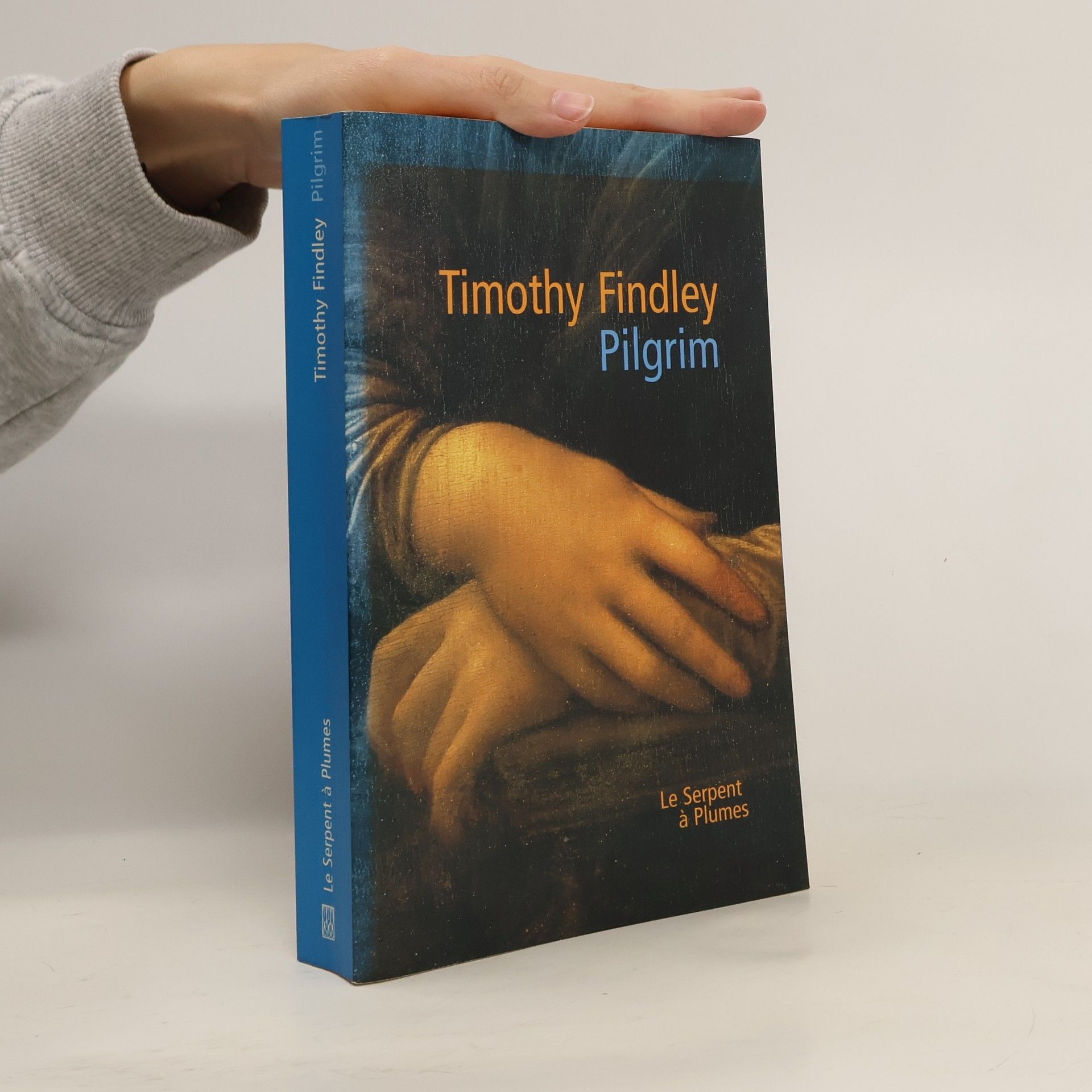Bons baisers du pays des hypocrites
- 224pages
- 8 heures de lecture
Une domestique au comportement étrange vit dans l'attente perpétuelle mais vaine de celui qui ne viendra pas ; un jeune scénariste narcissique fait l'expérience de la cruauté morale et de l'inanité des millionnaires pervers qui se déchirent au pays des hypocrites ; une écrivaine, par ses mots, garde à distance ceux qu'elle côtoie, épinglés comme autant d'insectes dans une vitrine, mais c'est un autre type d'aiguille qui trouve le chemin de son bras… L'attente, le vide, la folie, le regard des autres : tels sont quelques-uns des thèmes abordés dans ces sept textes publiés en 1984 par l’un des grands auteurs canadiens du XXe siècle. D’un bout à l’autre, Timothy Findley surprend et hypnotise avec son art de prendre le lecteur à contre-pied. Alexandre Fillon, Livres Hebdo.











